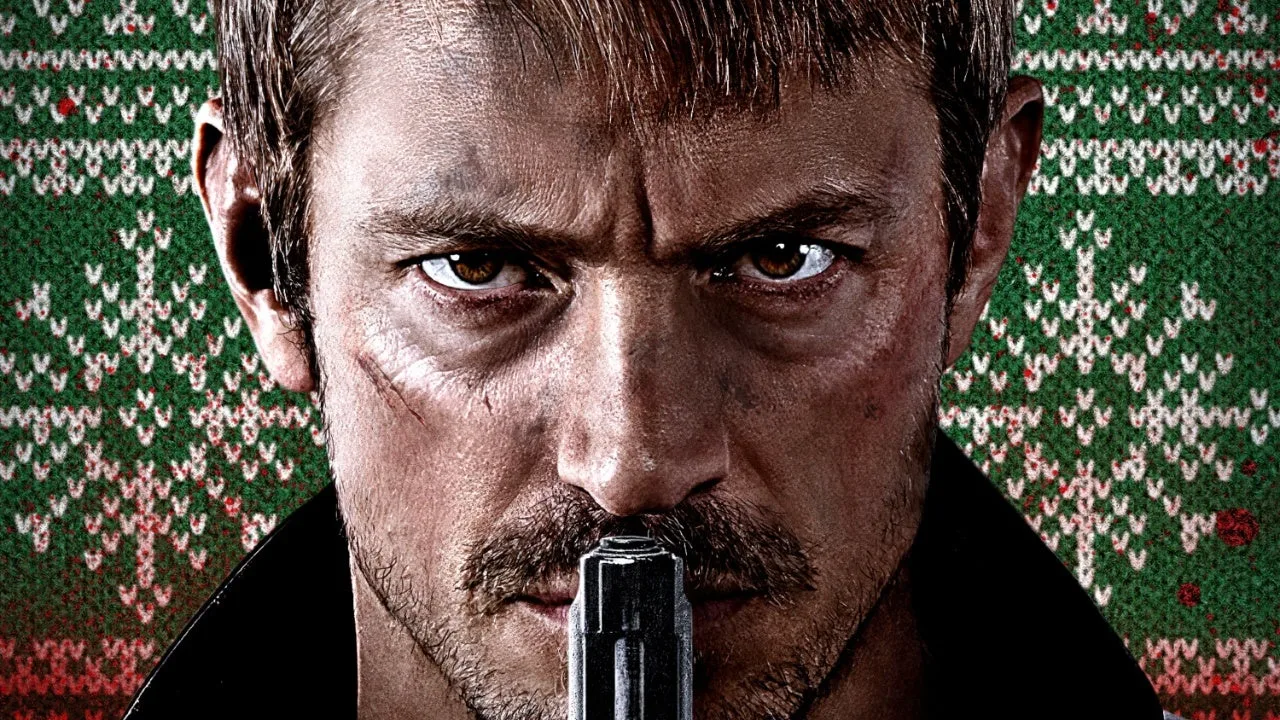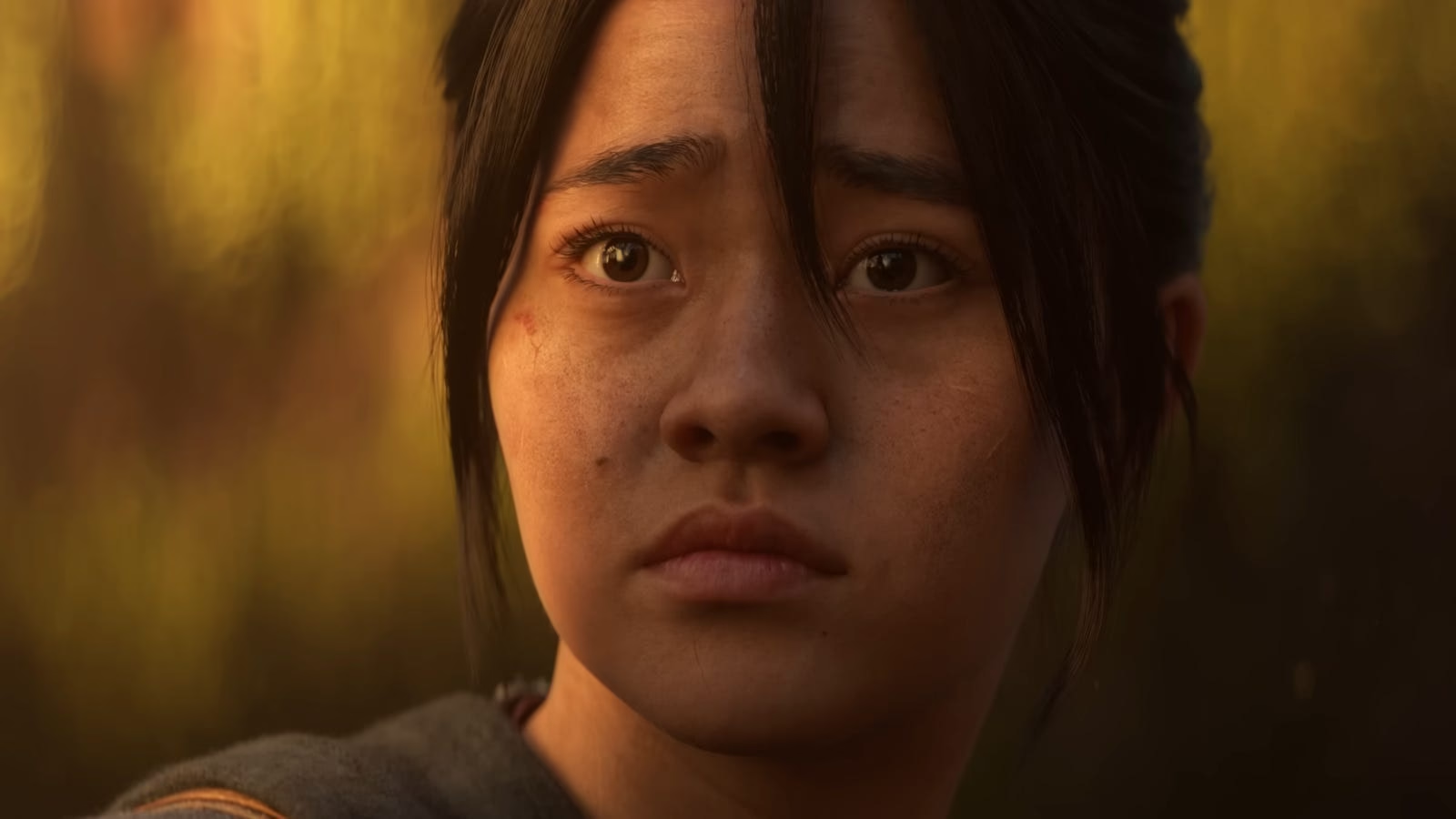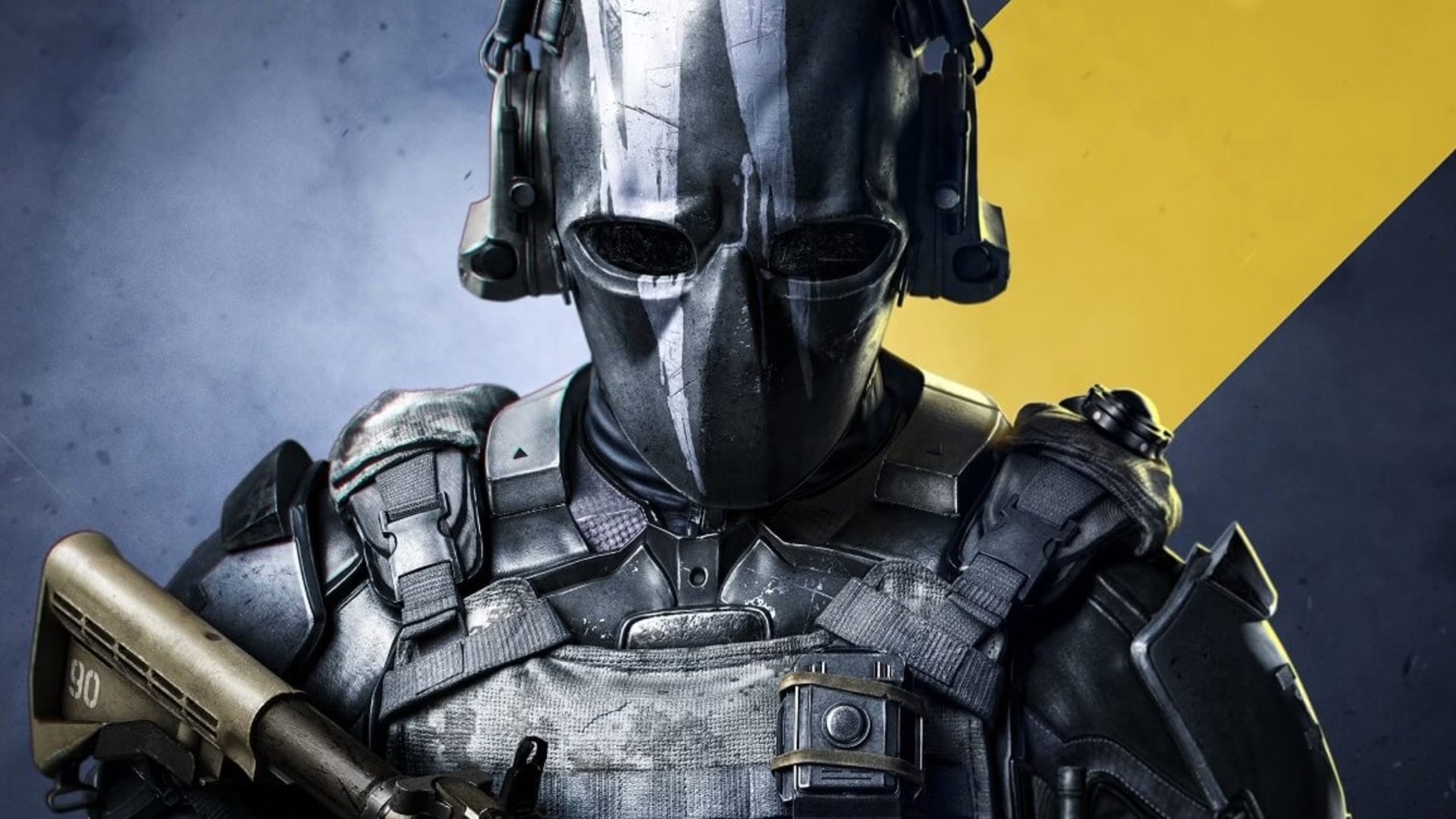Silent Night Review
Estimated reading time: 8 minutes
As a legend of both Hong Kong and Hollywood, John Woo’s recent criticisms of Marvel and the likes are absolutely worth their weight. However, they couldn’t have come at a worse time for the famed action auteur. His latest directorial effort, the Joel Kinnaman-led Silent Night, plays at best like a Punisher fan film, and at worst like a failed film school assignment, whose parameters – a mostly dialogue-free experiment – become a gimmick it can’t sustain.
It’s an action movie that never fully takes off, with an ugly, borderline racist core that seldom justifies itself by enhancing the gaudy spectacle for which Woo is generally known. As the man behind The Killer, Hard Boiled, Face/Off and Mission: Impossible 2, his films come with audacious stylistic expectations, but the Christmas-themed revenge thriller is more akin to his last American movie: the 2003 Ben Affleck vehicle Paycheck, which mostly lacked Woo’s signature panache, and was swallowed whole by a half-baked sci-fi concept.
The result here is similar, but the fall from grace hits even harder, since Silent Night is very much in the vein of those aforementioned action classics. (M:I 2 included – its story may be a bore, but it’s one of the sexiest and coolest looking Hollywood movies of the 21st century.) That any film feels this much like a failure to mimic distinctiveness is tragic; that’s intensified by the fact that it represents Woo grasping for former glory.
Kinnaman plays Brian Godlock, husband to Saya (Catalina Sandino Moreno), first and last names we learn as they trickle out via text messages and other convenient methods of conveying info nonverbally, across the first hour or so. The film’s gimmick is a near-total lack of dialogue, owing to Brian being shot in the throat during an in-medias-res opening, in which he sports a blood-stained Christmas sweater and gives chase to two different cars filled with heavily tattooed Hispanic hoodlums swerving through narrow New Mexico streets. (Keep their ethnicity in mind; it’s all that matters in the movie’s purview.)
That’s about as memorable as the action gets. It’s a fairly feisty introduction with a cool moment or two, and it gives way to what appears to be a character-centric revenge saga. We soon learn – as a now-mute Brian returns home from the hospital after surgery and months of rehab – that the couple’s young son (Anthony Giulietti) was accidentally killed in the crossfire of the two aforementioned cars, putting a strain on the Godlocks’ marriage. This backstory deftly unfolds through flashbacks which emerge without cutting away (or, at least, through hidden cuts), as Brian relives happy memories with his child, and his dull and empty household becomes momentarily filled with golden light. The warmth, however, fades, and Brian eventually – after a very long while – decides retribution is the only way out of his drunken stupor.
That Brian can no longer speak imbues his scenes with focus and frustration. The Swedish Kinnaman continues expanding his repertoire of all-American badasses with vulnerable human cores (RoboCop, Captain Rick Flag, and so on) as he prepares for a vengeful mission against the people responsible for his grief. He’s downright excellent in the role. The problem is, these scenes of preparation take up practically the entire movie – at least an hour and change of its 104 minutes – without a hint of a John Wick-style point of no return.
In lieu of letting loose with the violent debauchery, the movie trudges along through extended training montages that construct a muddled image of Brian, halfway between a heroic vigilante and a man self-destructively consumed by his task. But Woo commits to neither idea long enough to give us a sense of where Brian might be headed (an outcome that extends to the noncommittal way his actions are framed). The one concept Woo does throw his weight behind is the lack of onscreen dialogue, though “onscreen” is the key distinguisher here. Plenty of information unfolds through texts, pen and paper, and even over the radio. During normal interactions, no other human being really attempts to speak, either. In a world where Brian ought to feel isolated, he feels like just another piece of the puzzle, and the film rarely gets its story across through framing, rhythm, or mayhem.
This is a particularly dull and ugly looking work, without the sense of pomp or presence Woo usually brings.
Marco Beltrami’s score injects Silent Night with some much-needed momentum, but the film lacks the sense of visual dimensions – of living, breathing, and often breaking (through practical debris) backgrounds and foregrounds – that make Woo’s other work so alluring. An inability to track the characters’ surroundings, and their physical proximity to each other, neuters everything from the very first fight scene onward; that hand-to-hand battle in Brian’s home also ends abruptly and without resolution, before things shift gears towards a citywide rampage. Once the plot kicks in, Silent Night constantly approaches off-ramps and exits that suggest a detour into unhinged territory that never fully arrives.
Each gunshot and car melee (this all sounds much cooler than it looks) is robbed of its impact by a typically Hollywood reliance on cutting away too quickly, and too much of the movie takes place in a sludge of darkness. This is a particularly dull and ugly looking work, without the sense of pomp or presence Woo usually brings. Instead, the scrappy, direct-to-video visual approach does Silent Night’s lofty attempts at action grandeur no favors, since most of them fall flat. When the camera does hold – on lengthy staircase and hallway scenes reminiscent of Marvel’s faux-gritty Netflix output – the result is equally lacking in consequence, since the movie’s villains seem to sustain no damage until there’s a final killshot.
Brian’s malformed perspective is also part of the problem. The narrative hinges almost entirely on his desire to gun down anyone who resembles the people who took everything from him – i.e. “inked-up Latino men” – which includes seemingly unrelated drug dealers who cross his path. Henchmen in action flicks are usually cannon fodder, but for the most part, they at least pose some kind of danger to the revenge-driven protagonist. In Silent Night, some people get mowed down solely for the crime of fitting a narrow profile – a perspective the film doesn’t have the ability or wherewithal to untangle, even if only to complicate Brian’s morality.
It’s a tale of white vigilantism based on dehumanizing, racist right-wing fears of invading foreign hordes at America’s southern border. This ends up further enhanced by Brian’s non-winking allegiance to cops – who he tends to help out of sticky situations – and his scowling displeasure at the “Fuck the Police” graffiti he sees at one point. And yet, his adherence to order ends up awkwardly bumping up against the grudge he harbors against law enforcement for not stopping these cartels sooner, an idea that’s never built upon. Scott Mescudi has a minor role as detective, who initially appears to be a target of Brian’s ire, but the film leaves little room for ethical or legal complexity, and simply sidesteps the resentment in a way that strangely inflates Mescudi’s role in the final act. (Picture the cop-assassin dynamic in the climax of Woo’s The Killer playing out without the buildup.)
Silent Night is a weightless, witless, artless film
The sincerity of Kinnaman’s performance, coupled with the camera’s unyielding focus on him amid the bloodshed, results in an ugly cinematic conundrum. Each questionable storytelling decision yields boring, weightless, digitally enhanced action. One of two possibilities might’ve made it stick: either a tighter focus on the gore itself, and a humanization of Brian’s targets and their pain, as if to zero in on the ugly fallout of his mission. Or… an even more casually racist approach, which treated the film’s disposable extras not as humans it ignores as they’re hit with real bullets, but dimensionless cartoons gleefully torn to shreds in highly stylized ways. Anything is better than the film’s lukewarm reality, which commits to no perspective or notable aesthetic in particular, making the action feel dramatically vapid and visually empty. It all unfolds either in the margins of the frame, just off screen, or within the viewer’s imagination, as the edit cuts too hastily around the carnage for it to land.
It’s a weightless, witless, artless film – which is especially a shame coming from a director responsible for so much exuberant action splendor over the decades, and for images that sear themselves into one’s subconscious. There’s nothing remotely memorable here.










Post Comment